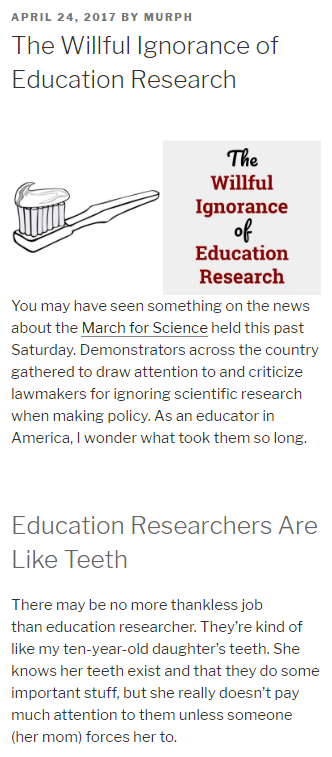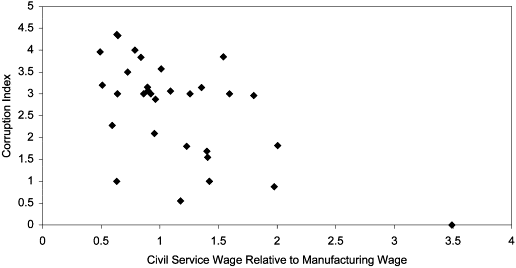Opinions, Advertising, Propaganda, Entertainment and News

The problem with "fake news" is that we do not know exactly what constitutes "fake news". In fact, we no longer know what news is. Ed Murrow warned us decades ago, "One of the basic troubles with radio and television news is that both instruments have grown up as an incompatible combination of show business, advertising and news." The recent hearing by the Philippines Senate on "fake news" unfortunately fails to see that what we often hear, see or read are really opinions. When the Washington Post published, " Another dictator lashes out at press freedom ", that was a mere opinion and not news. Perhaps, it was easy to miss this distinction because after all, the word "opinion" is very small compared to the title. Above copied from the Washington Post The fact that opinions have been taking a lot more time and space in news broadcasts is nothing new. Back in 2013, the Pew Research Center reported that in cable news in t...











